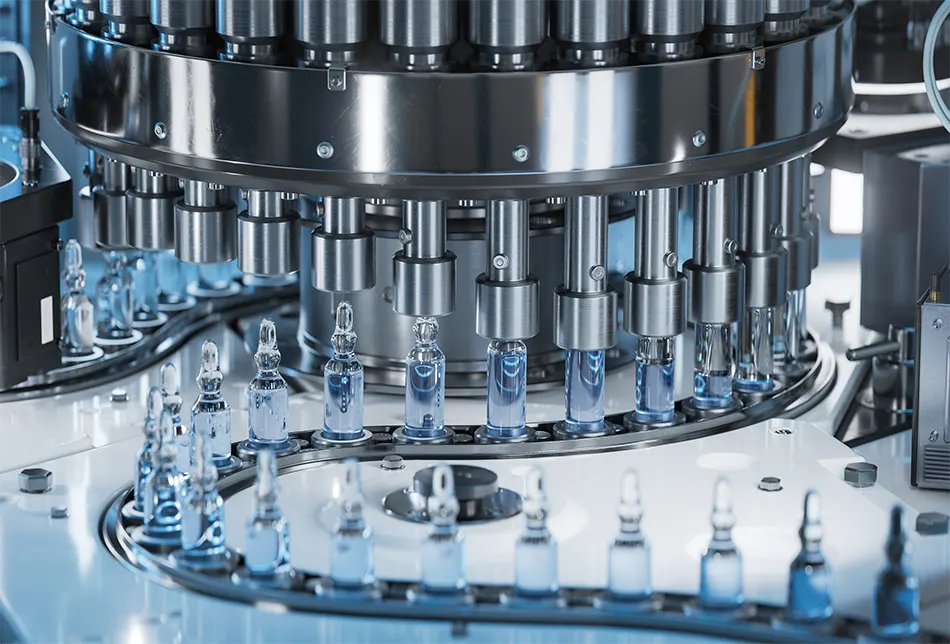4 Methods to Improve Bioreactor Scale-up Efficiency in Drug Development

Unfortunately, developing biologics is slower and more expensive than traditional drug development — making it more important to find ways to efficiently scale up bioreactors at each step, from R&D through clinical trials, to large‑scale production.
Here are four strategies to improve speed and reduce cost of scaling‑up biologics development.
1. Transition to SUBs
2. Expect redundancy and versatility
An excellent example is a mass flow controller with multi‑gas selection. Researchers can use a single device to switch between flowing air, oxygen, nitrogen, and carbon dioxide without the need for recalibration. For larger‑scale setups flowing all four gases simultaneously, operators need only one backup controller, which can be “hot‑swapped” to control any gas.
Equipment and sensors with high turndown ratios, such as the plastic vessels used in SUBs, provide an additional degree of redundancy because of their wide functional range. This versatile equipment helps maintain a functional work environment that limits downtime, reduces footprint and saves money, all while increasing the flexibility of the setup.
3. Work closely with a CDMO
It is important to note that there are various types of CDMOs, so be sure to choose one that best fits the scope of your project.
4. Modularize
Modular systems are gaining popularity as they can greatly increase the ability to rapidly move a drug product through development phases. Thermo Fisher Scientific’s Hyperforma GXCore is designed to scale with benchtop research through pilot phases. Cytiva has designed a pre‑fabricated GMP facility, KUBio, optimized specifically for use with FlexFactory single‑use equipment.
Modular prefabs are particularly advantageous during bioreactor scale‑up, when discrete, standardized components offer speed and agility for system design.